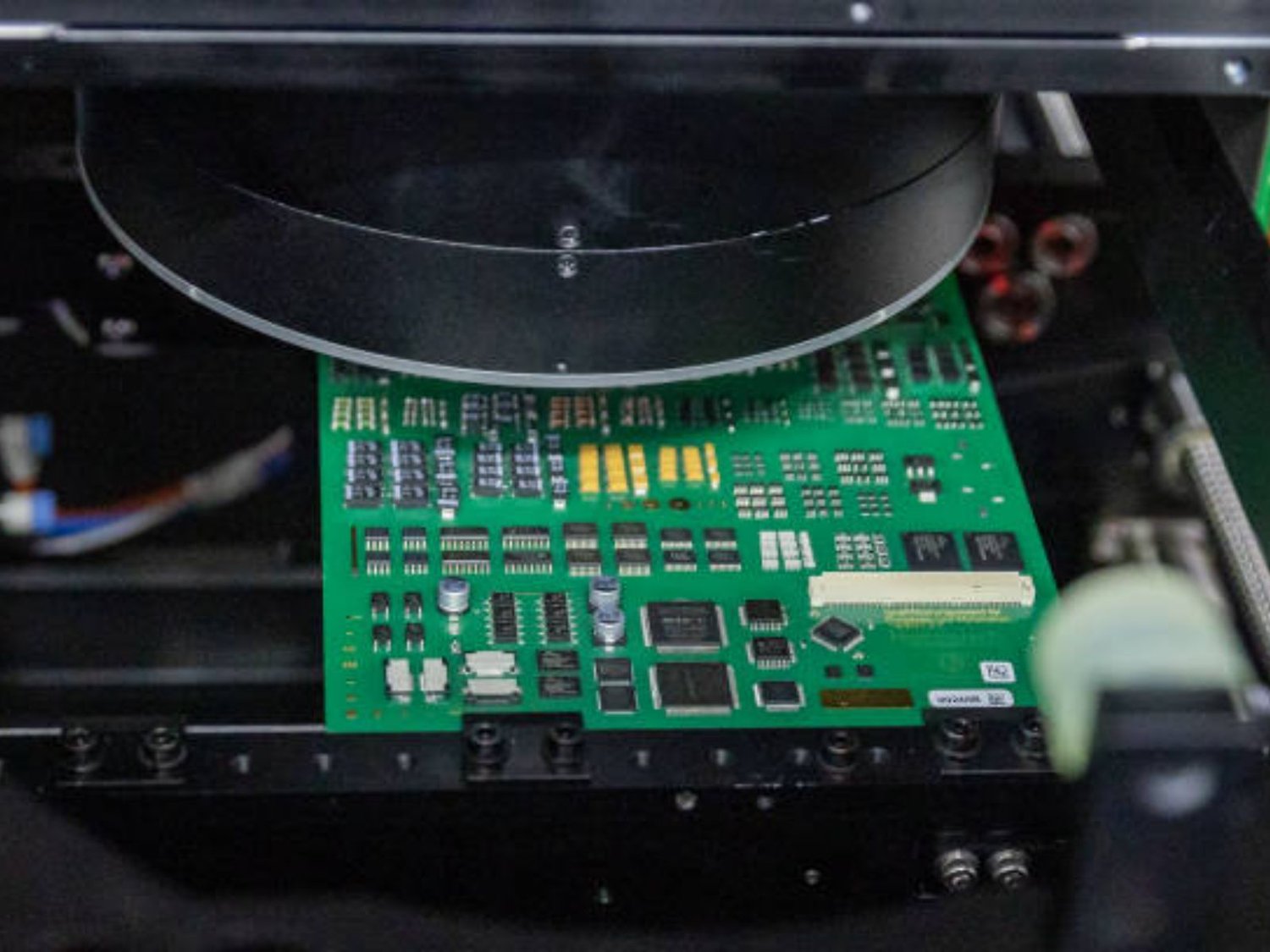BMS in Healthcare: An Introduction
Biomedical Science, also known as BMS, is an interdisciplinary field that bridges biology, medicine, and physical sciences by drawing knowledge from these areas to enhance the understanding of human diseases, their causes and complications. In healthcare, BMS has proved to be a fundamental component which interconnects different fields, thereby enabling an in-depth understanding of the development, diagnosis, and treatment of disease. If you're looking to learn more about BMS in healthcare, you've come to the right place. Here's a comprehensive look at what BMS in healthcare means.
What is BMS?
Biomedical science (BMS) refers to the field of medical science that integrates biological, chemical, physiological, physical, and computational sciences to study human health. The focus of this interdisciplinary field is to understand human health, disease diagnosis, and treatment methods.
What are the core subjects of Biomedical Science?
The core subjects of BMS include anatomy, biochemistry, genetics, immunology, microbiology, pharmacology, physiology, and pathology. Studying all these subjects together provides students with an understanding of mechanics around human body functions and various diseases.
How does BMS apply to healthcare?
BMS plays a crucial role in the diagnosis and treatment of diseases. The research conducted by biomedical scientists impacts areas such as drug discovery, infectious disease research, and personalized medicine. Biomedical scientists work in laboratories and collaborate with healthcare providers to ensure patients receive the best care and treatment plans. Biomedical science can help healthcare providers to detect and treat diseases at an early stage before they become severe.
What are the future prospects of BMS in healthcare?
The future prospects of BMS in healthcare are excellent. By applying BMS research and knowledge to healthcare, we can develop treatments that are more accurate, effective, and patient-specific. The field is constantly evolving and offers numerous opportunities to make significant contributions to healthcare.
Why is BMS important in healthcare?
BMS is essential in healthcare because it provides a comprehensive understanding of the mechanisms of human disease development. Utilizing this approach can lead to better and more personalized treatments for patients. BMS research is critical in advancing healthcare practices and making care plans more effective. Without BMS research, our understanding of human health and disease would not be as advanced as it is today.
What are some of the jobs/career opportunities in BMS?
The careers in BMS include Biomedical Scientist, Research Scientist, Lecturer, Professor and academic positions. Students are well-equipped with skills that can be applied in the biotechnology, scientific research, and pharmaceutical industries. Biomedical scientists can make significant contributions in developing new treatments, carrying out research, and conducting lectures to shape the next generation.
What are the educational requirements for a career in BMS?
To pursue a career in BMS, individuals need a Bachelor's degree in Biomedical Science or a related field. Further studies to improve specialist knowledge or supervisory positions usually require a MSc or PhD degree. Students have the opportunity to study in a variety of scientific specializations like neurobiology, immunology, toxicology, and molecular biology.
What are some of the key skills biomedical scientists develop through studying BMS?
Biomedical scientists gain different skills, such as analytical, research, critical thinking, communication, and organizational skills. Students also develop excellent problem-solving skills, which can be applied in different areas of the industry. Biomedical scientists learn to critically read and evaluate scientific literature and write reports and papers that communicate their findings effectively.
How has BMS impacted healthcare?
BMS has impacted healthcare in various ways, for example, advancements in treatments such as immunotherapy, personalized medicine, and new diagnostic tests. Scientific research and breakthroughs made in biomedical science have led to the development of life-saving drugs and treatments. The field has provided significant contributions to public health, and its future prospects are enormous.

